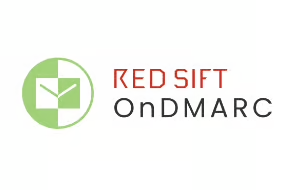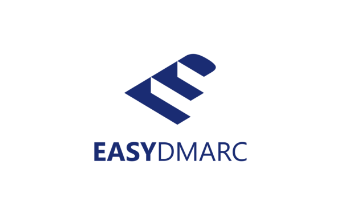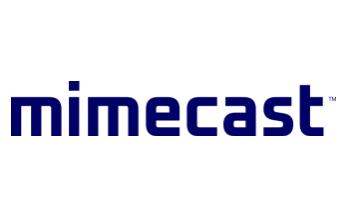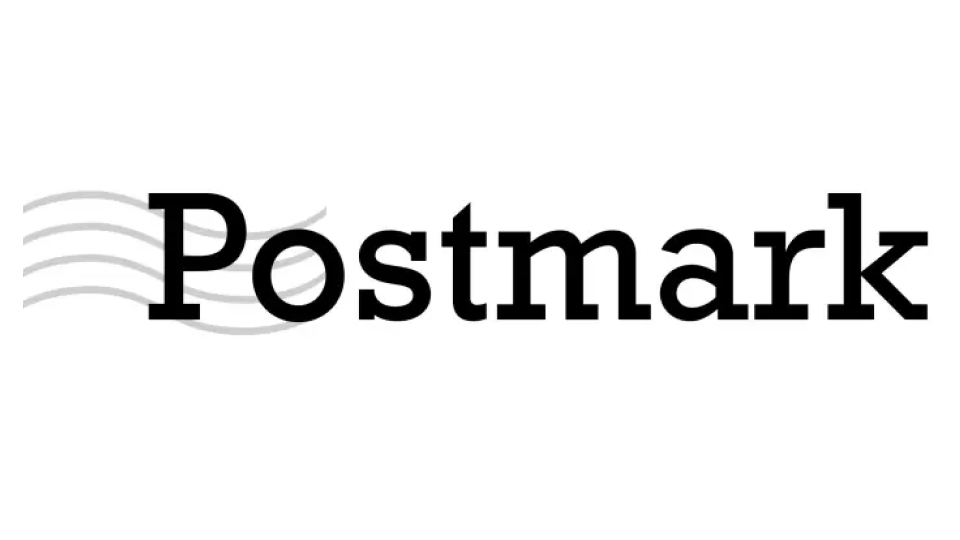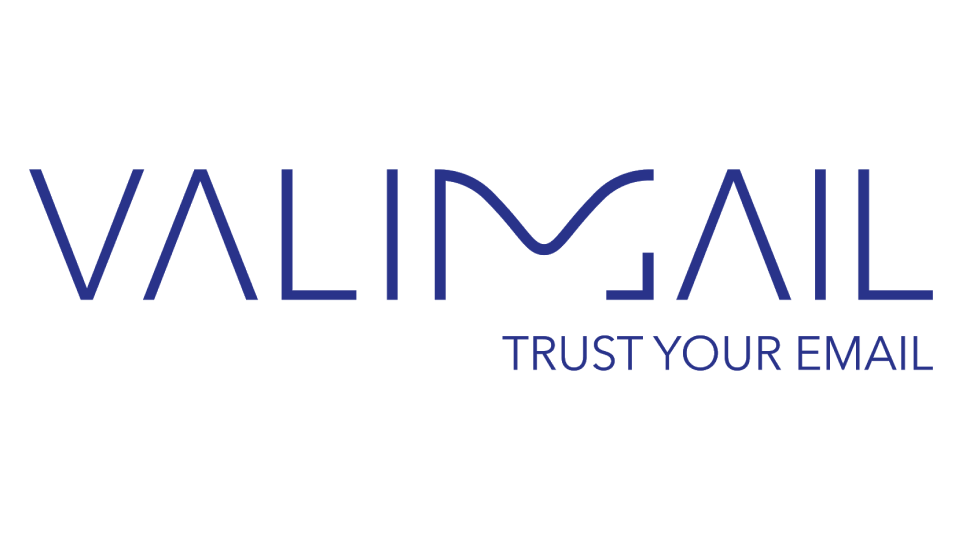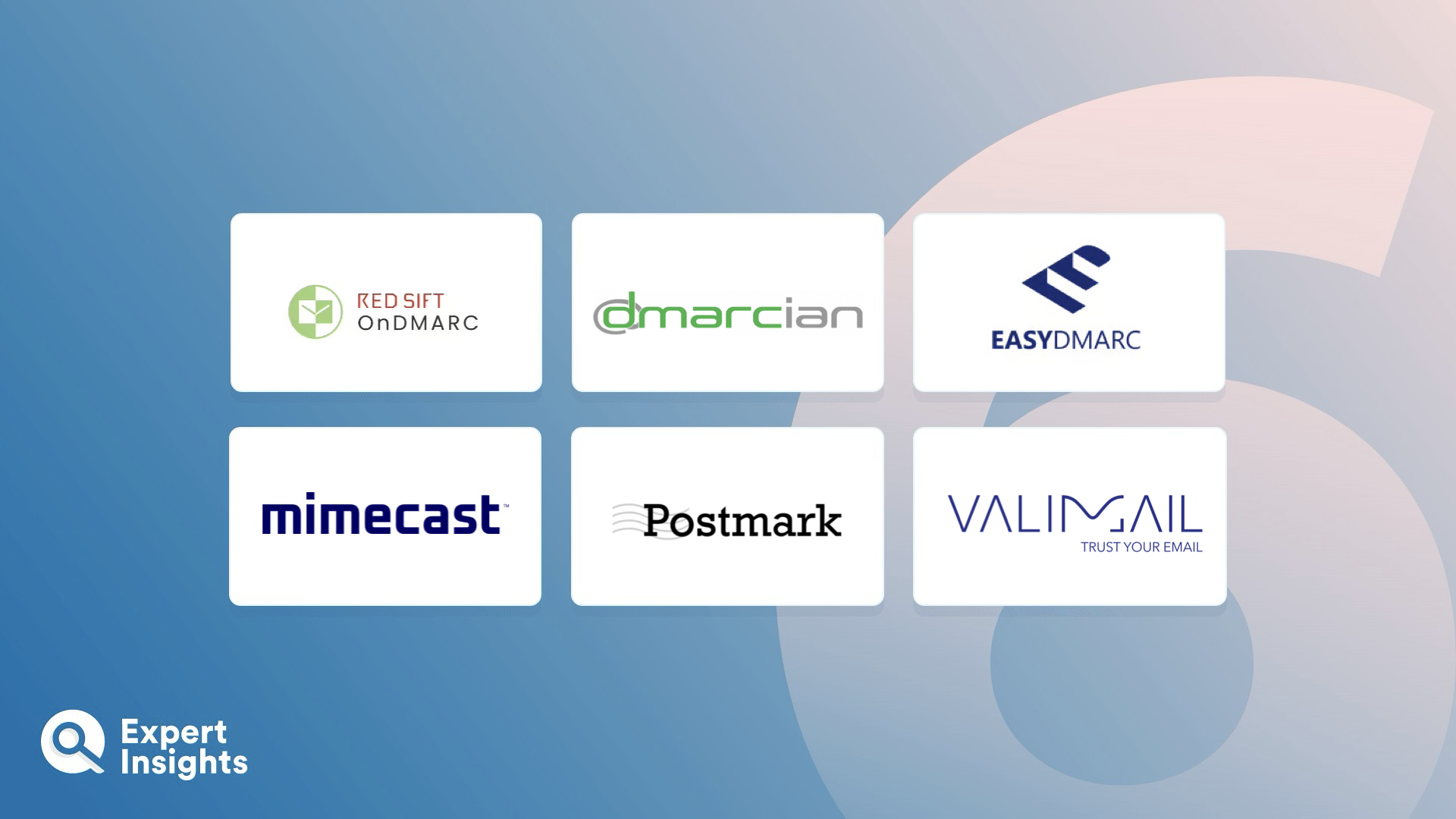Everything You Need To Know About DMARC Solutions For MSPs (FAQs)
What are DMARC Solutions For MSPs?
DMARC is a means of verifying that an email has been sent from a verified account and that the messaging does represent the brand. This is important as it ensures that you can trust what an email says, rather than worrying about phishing and spoofing attacks.
DMARC stands for Domain-based Message Authentication, Reporting, and Conformance. It allows domain owners to authenticate their official messaging and define what action should be taken for emails that fail a compliance check.
DMARC uses SPF and DKIM records to verify an email’s origin and authenticity. In practice, a DMARC record is a text entry in the DNS. When checked, if SPF or DKIM checks are passed, the email is marked as authentic. This is important as it reduces the opportunities for malicious actors to use your organization as part of phishing or spoofing attacks, this, in turn, preserves your brand’s reputation.
DMARC solutions for MSPs allow for the configuration and management of multiple domains and addresses. These solutions are designed to streamline management processes, whilst allowing for
How Do DMARC Solutions For MSPs Work?
To properly answer this question, it is worth breaking the question down into two parts. First, how do DMARC solutions work, then, how does this work in the specific MSP use-case.
How Do DMARC Solutions Work?
DMARC is built around three key policy frameworks: Domain Name System (DNS), DomainKeys Identified Mail (DKIM), and Sender Policy Framework (SPF). A DMARC check-up requires at least one of SPF or DKIM to identify an email (based on its header attributes) as an authentic one. When checking for authenticity, a solution will, essentially, check to see if an email’s sender details match with its advertised details.
Attackers using spoofing techniques may subtly replicate reputable domain addresses, altering one letter or another part of the address to dupe people into thinking it’s authentic. Whilst carrying out a DMARC check, the solution will ensure that the brand that an email says it’s from, is the actual sender. This allows the platform to easily identify malicious, imposter emails.
If this check is passed, emails are considered authentic and can carry on their journey. If they do not pass, and are considered inauthentic, you can set your DMARC policy to decide what action should be taken. This ranges from doing nothing, to monitoring, and blocking.
DMARC For MSPs
DMARC solutions allow organizations to improve their digital security and reduce the number of attacks that are carried out using their iconography. It is, therefore, important that as many organization’s as possible adopt DMARC procedures. Not all organizations, however, will have the technical resource to implement one. This is where MSP providers are able to manage and configure this for their customers. This enhances their offering, making them more attractive to potential customers.
MSP specific DMARC platforms will allow admin users to manage multiple domains individually and easily. Generating DMARC policies and updating DNS records can be streamlined, ensuring that there are no hold ups when it comes to configuring settings.
What Features Should You Look For In DMARC Solutions For MSPs?
As with any management platform, visibility and ease of use are paramount.
Visibility – As you will be responsible for multiple domains and customers, it is essential that you can understand the status of each account, and quickly uncover contextual information to aid in resolving any issues. Having clear visibility across managed accounts ensures that you can work efficiently and proactively.
Ease of Use – You can also ensure that productivity remains high by using a streamlined and straightforward platform. Rather than having to carryout repetitive tasks (whether they are proactive or monitoring based), if these are automated or can be carried out across all (or selected) accounts, you’ll be able to achieve much more.
Monitoring – When a p=none policy is enacted, a DMARC solution will monitor the rates that emails are authorised and not. You will want to be kept updated of these rates, with notifications to update you when these rates pass pre-set benchmarks.
Cost – As you will be deploying this service to multiple companies, it is essential that a solution is cost effective and an enhances your business model. This not only means that you should be able to make a profit from managing DMARC, but that the solution remains cost effective and reflects a good investment for your end customer too.



